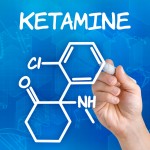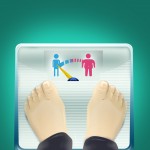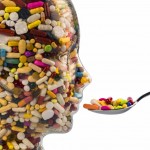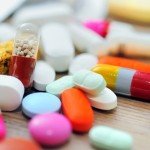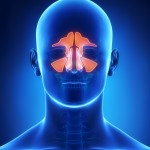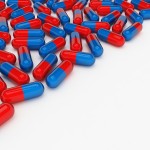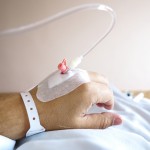
Out in the woodland we are pleased that recent advances in medical care mean that more patients are surviving critical illnesses within intensive care units (ICU). “But what does that have to do with the Mental Elf?” I hear you say. Well, we Mental Elves are wondering whether this advancement in medical technology and technique are actually putting people [read the full story…]

